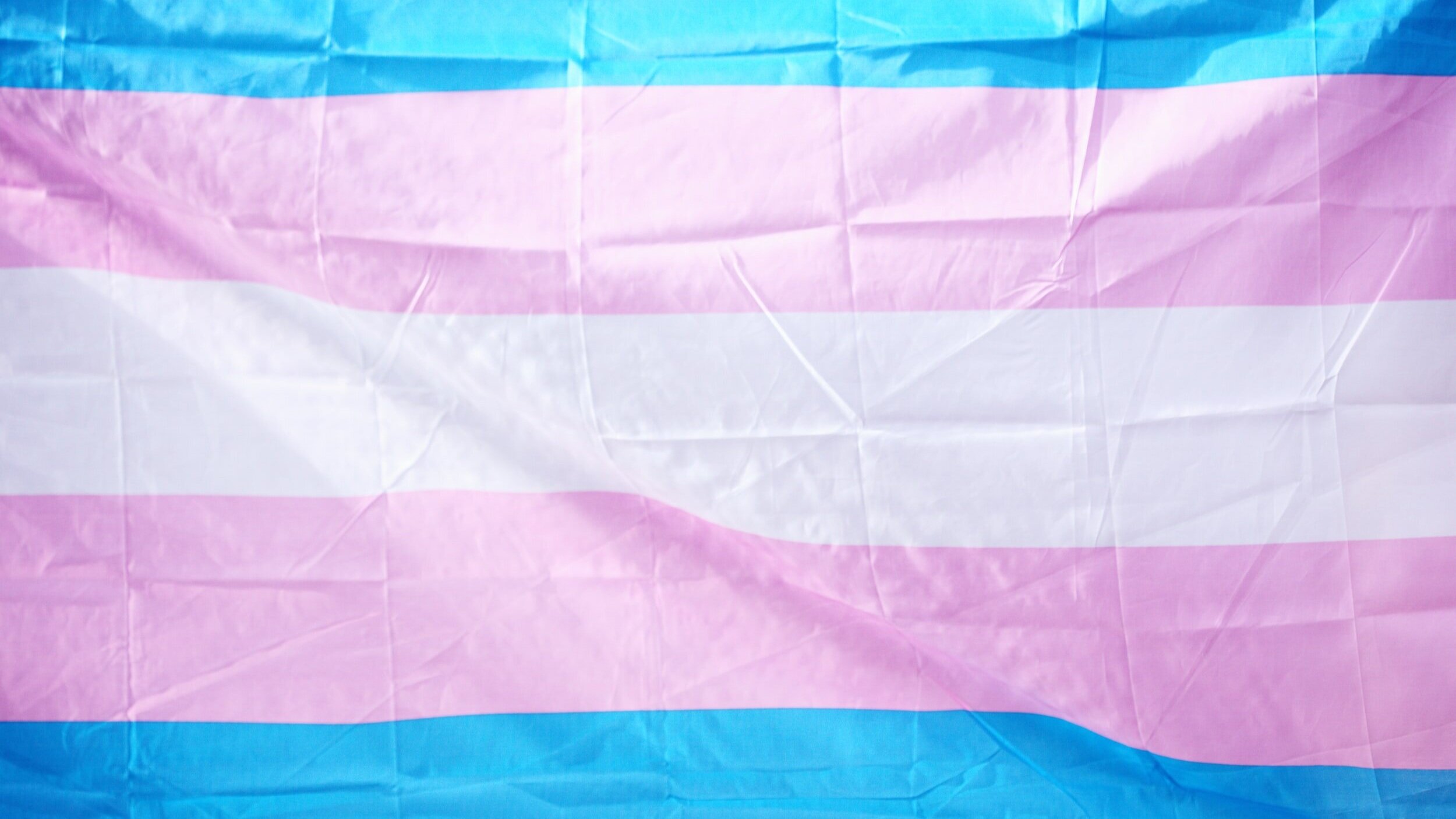Celebrating with Pride
Happy Pride Month! Girl Friday kicked off Pride Month by highlighting Jen Hatmaker's podcast with her daughter, Sydney. We will continue to spotlight LGBTQ+ change agents and issues that impact this community, starting with inequities transgender people face around the world. Why are homicide and poverty rates so high for this population? Are there any tips for allies who want to help?
Targeted hate.
Thus far this year, at least 27 transgender or gender non-conforming people have been fatally shot or murdered by other means in the United States. The Human Rights Campaign says the data is incomplete because, "too often these stories go unreported — or misreported." Rodrigo Heng-Lehtinen of the National Center for Transgender Equality told NBC, “We are left with a patchwork of state and local information that doesn't really add up to giving us the complete picture." LGBTQ+ organizations often rely on each other, social media posts, and the press to track crimes. Activists are asking the Department of Justice to study anti-transgender violence and they want law enforcement to be trained on how to properly investigate violent deaths of transgender people.
LGBTQ+ poverty rates.
A 2019 report by the Williams Institute at UCLA revealed that LGBTQ+ people are more likely to experience poverty than people who are not in the LGBTQ+ community. Digging deeper into the data, it is clear that transgender people experience significantly higher rates of poverty (29%) than the rest of the community. For example, in comparison, 12% of cis-gay men and 18% of cis-lesbian women live in poverty. The Conversation's study found that "transgender people were more likely to be unemployed – that is, they would like to work but are not currently working – and much more likely to report that they are unable to work." The study could not conclusively determine why they are unable to work, but it might be due to structural barriers and discrimination.
Global barriers to LGBTQ+ freedom.
While this Friday Brief newsletter has mainly focused on U.S. issues facing the transgender community, it is important to remember the international community. As Governor DeSantis was signing a bill to bar transgender girls from playing on public schools' sports teams for girls in Florida, thousands of miles away in Uganda 44 people were arrested during a raid at the Happy Family Youth Shelter in Kampala. This video by DW shows how difficult life is for transgender women in Uganda.
Share tips for allies. GLAAD has a page dedicated to supporting allies as they learn more about issues impacting transgender people around the world. To effectively advocate for policy reforms, allies need to be informed. Being an ally can help change our culture and make our society safer for transgender people. Here are two of their many tips:
1) "If you don't know what pronouns to use, listen first. If you're unsure which pronoun a person uses, listen first to the pronoun other people use when referring to them. Someone who knows the person well will probably use the correct pronoun. If you must ask which pronoun the person uses, start with your own."
2) "Don't ask a transgender person what their 'real name' is. For some transgender people, being associated with their birth name is a tremendous source of anxiety, or it is simply a part of their life they wish to leave behind. Respect the name a transgender person is currently using."



